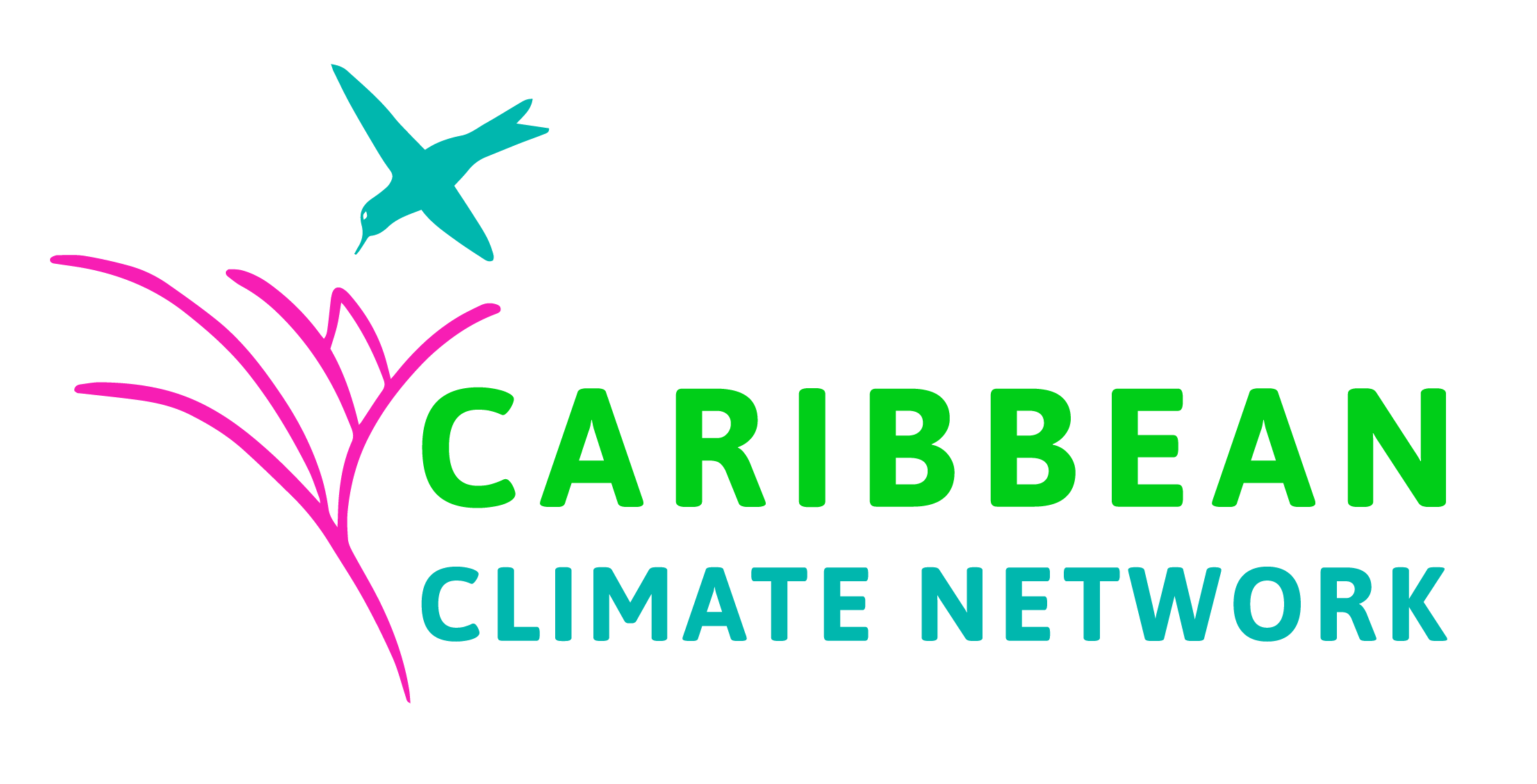On Thursday 28th July 2022, the United Nations (UN) adopted a resolution declaring access to a clean, healthy and sustainable environment as a universal human right. This Resolution had already secured the support of the Human Rights Council, Geneva in 2021.
With the overwhelming acceptance by most of the Member States, the UN Secretary-General acknowledged that there should now be enhanced efforts to reduce the glaring environmental injustices being experienced and empower the most vulnerable groups, such as environmental human rights defenders, children, women and Indigenous peoples, the elderly, specially-abled people and low-income individuals to name a few.
Through the provisions of the Resolution, Member States affirmed “the importance of a clean, healthy and sustainable environment for the enjoyment of all human rights.” The Secretary-General also noted that the Resolution should help States “accelerate the implementation of their environmental and human rights obligations” under the many multilateral environmental agreements.
The Resolution, however, is not limited to States but also includes “international organisations, business enterprises and other relevant stakeholders.” This would necessitate the adoption of workable and measurable policies as well as engender greater co-operation, capacity-building and sharing of good practices.
The adoption of the Resolution was timely in that during the period Sunday 31st July to Wednesday 03rd August 2022, members of the Caribbean Climate Network (CCN) held a meeting in San Fernando, Trinidad and Tobago to review its activities and initiate preparations for a Week of Action during October 1-8, 2022 throughout all the countries of the Caribbean.
The aim of the CCN is to work together to address the effects of the climate crisis and to render support to regional and community-based bodies to protect all territories. Of primary importance would be the adoption of adaptation measures which would be based on justice and sustainability.
Overall among CCN Members, there continues to be heightened concern on the impact of climate change on humanity and whether the development of adaptation and mitigation measures would be effective. There is evidence of sea-level rise among many Small Island Developing States (SIDS), acidification and bleaching of coral reefs, and destruction of mangroves at an alarming rate. These are only some of the challenges being encountered and which are negatively affecting development.
In light of incontrovertible scientific evidence, the CCN is seeking to have the climate crisis declared a “Climate Emergency” so that there would be greater awareness and as the UN Secretary-General has advocated, adequate and realistic resources would be mobilised. The diversion of millions of dollars on the evolving arms race would be better spent on addressing this Emergency. Such a practical and equitable approach could alleviate, inter alia. the special needs of the most vulnerable groups who are already being affected and stem the tide of any environmental disaster. We must also note that those who contribute the least to the impact of climate change are the ones who are the most likely to suffer the most.
The UN Resolution and the activities being developed by CCN (some of which are already being implemented) should enhance the climate justice agenda which “is founded on the principle of equity, across all aspects of climate change.” It is in this regard that more resources should be allocated to adaptation efforts. Resilience within communities is pivotal so that the ongoing mantra should be one that would ensure that no one is left behind. In so doing, we could also work to bring about the realisation of the 2030 Sustainable Development Goals.

Group photo of CCN members at the team Retreat in Trinidad.
